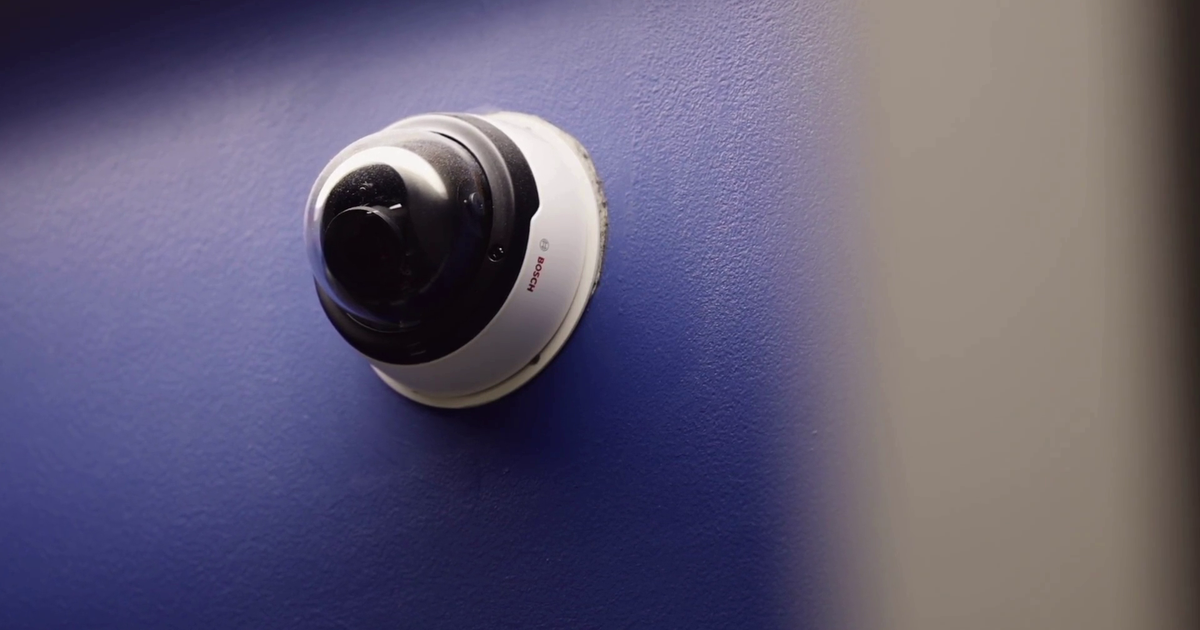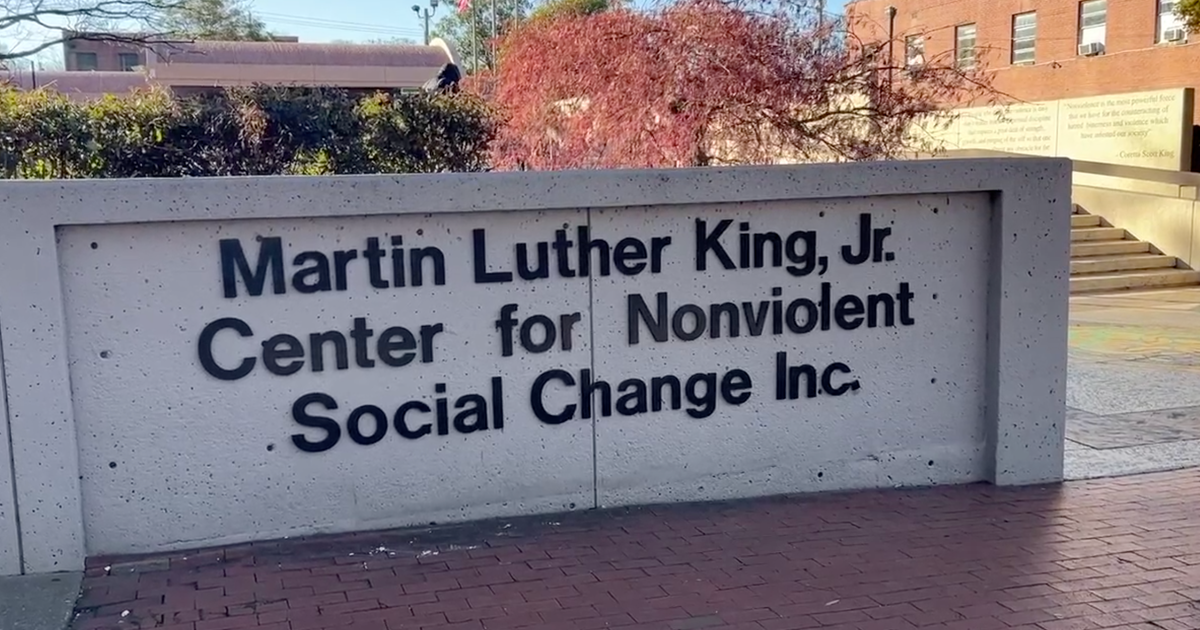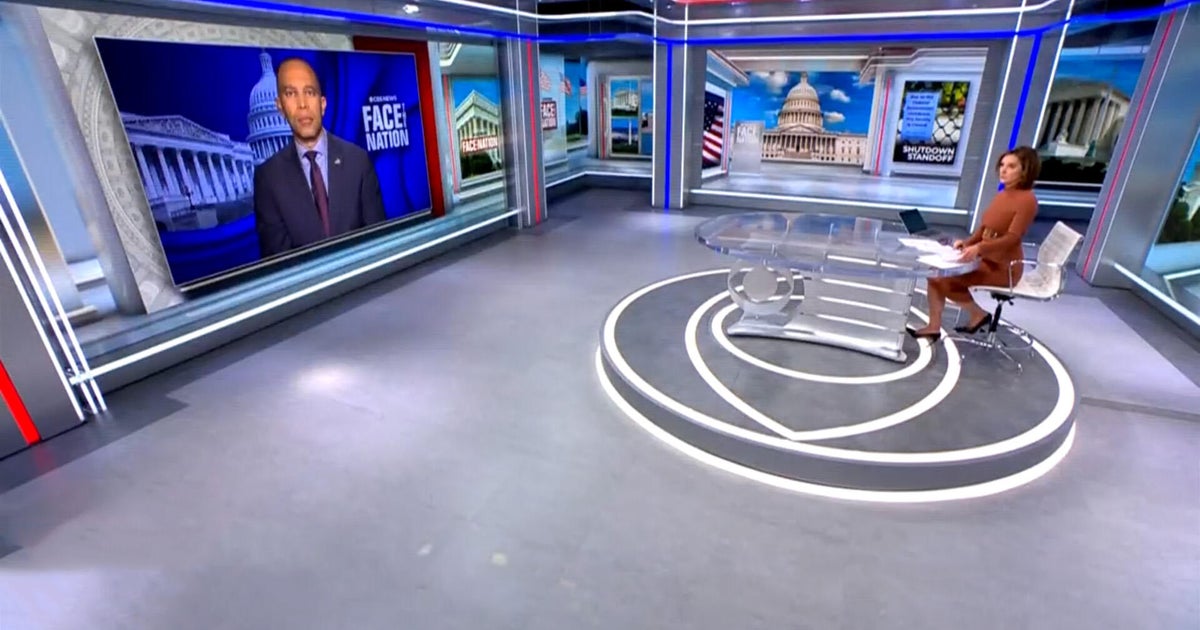'Time to get to work' – SF grand jury slams city's hiring practices for unfilled jobs
SAN FRANCISCO -- San Francisco is in the throes of a hiring crisis, according to a report released by the San Francisco Civil Grand Jury on Wednesday.
Vacant permanent city jobs-from bus drivers to hospital workers and 911 call center operators-have more than doubled in size from pre-pandemic levels, according to the report.
"What is stopping San Francisco from getting back to work?," asked the jury, which is a panel convened in each county around the state annually to report on local government operations.
The jury's conclusion? The city's hiring practices are to blame.
The city's hiring process takes too much time
The median time it takes the city to fill a job is 255 days-about eight and a half months-according to the report. The city's hiring process consists of three phases-the request to fill a vacant position, recruitment and referral. In some cases, according to the jury, hiring city workers requires more than 50 steps.
The city's hiring practices are also "notoriously opaque," as information on aspects of the hiring process like budgeting and quitting rates is not readily available, the jury stated.
"For both HR analysts and hiring departments-it's difficult to understand the hiring process-to figure out where it's slow, why it's slow and how to fix it," reads the report.
The jury also pointed to specific steps in the city's hiring timeline that serve as "bottlenecks," in that they significantly lengthen the process of hiring a new city employee. Requirements for approval from the mayor's office, minimum job posting times and background checks are among the steps that can prolong the process.
Vacancies in the city's Department of Human Resources itself-which is responsible for many key hiring duties-has further exacerbated the lengthiness of the hiring timeline, as the department faces a 20% vacancy rate in the number of permanent full-time employees.
Recruiting and retention are too hard
The city "cannot keep up" with private sector employers, as it cannot offer benefits like higher pay and flexibility for remote work, according to the report.
In positions such as information technology, for example, the city is unable to compete with the high salaries offered by private tech companies that dominate the Bay Area. This is also the case in the hospital industry, where the city competes for nurses with private hospitals that can offer "faster hiring and bigger hiring bonuses" to new nurses.
The jury further pointed to the high cost of living in the Bay Area as a cause of the difficulties with recruitment and retention. Housing and living costs, which continue to rise in San Francisco, have complicated efforts to retain employees in the city-especially those in lower paid positions.
"Workers seeking city employment require higher salaries to offset higher costs and longer commutes when housing within San Francisco is prohibitive," reads the report.
Supply can't keep up with demand
Demand for "critical city services" is rising faster than new employees are being hired, the report stated.
Since 2020, staffing budgets in the city's departments of public health, public works, transportation and policing have all increased in an attempt to address this demand. Yet, more money for staffing translates to more unfilled positions.
In the San Francisco Department of Public Health alone, 800 new permanent positions have been added since the start of the pandemic-leaving more than 1,000 vacancies to fill. This has stalled the implementation of new initiatives the city is hoping to provide amid a worsening drug and houselessness crisis, including substance abuse and mental health services.
Moving forward
The city has addressed the hiring crisis through various avenues, including increasing the use of overtime and temporary workers and developing hiring initiatives within the Department of Human Resources, according to the report.
But, the jury stated, there's still more to be done.
The jury recommended that for departments providing critical services, such as the Department of Public Health, a vacancy rate of no more than 5% be set for fiscal year 2023-2024.
To cut down delays caused by bottlenecks, the jury also suggested that the Department of Human Resources establish a hiring timeline goal of 60 days, from job posting to the final job offer.
Competing with the private sector requires expanding remote work policies, which the jury recommended the human resources department to prepare a report on. To further address recruitment issues, the jury also suggested that the department develop apprenticeship programs with high schools and colleges to build a pipeline into government work.
Other recommendations include removing vacancies from city budgets and improving transparency throughout the hiring process via better communication with applicants.
Mayor London Breed must respond to the jury's findings and recommendations by Aug. 20 -- 60 days after the report's publication.
The mayor's office did not immediately respond for a request for comment on the report.
"The city must address this hiring crisis if we are to weather the next few years of looming budget cuts," reads the report. "It's time for the city to get to work."







